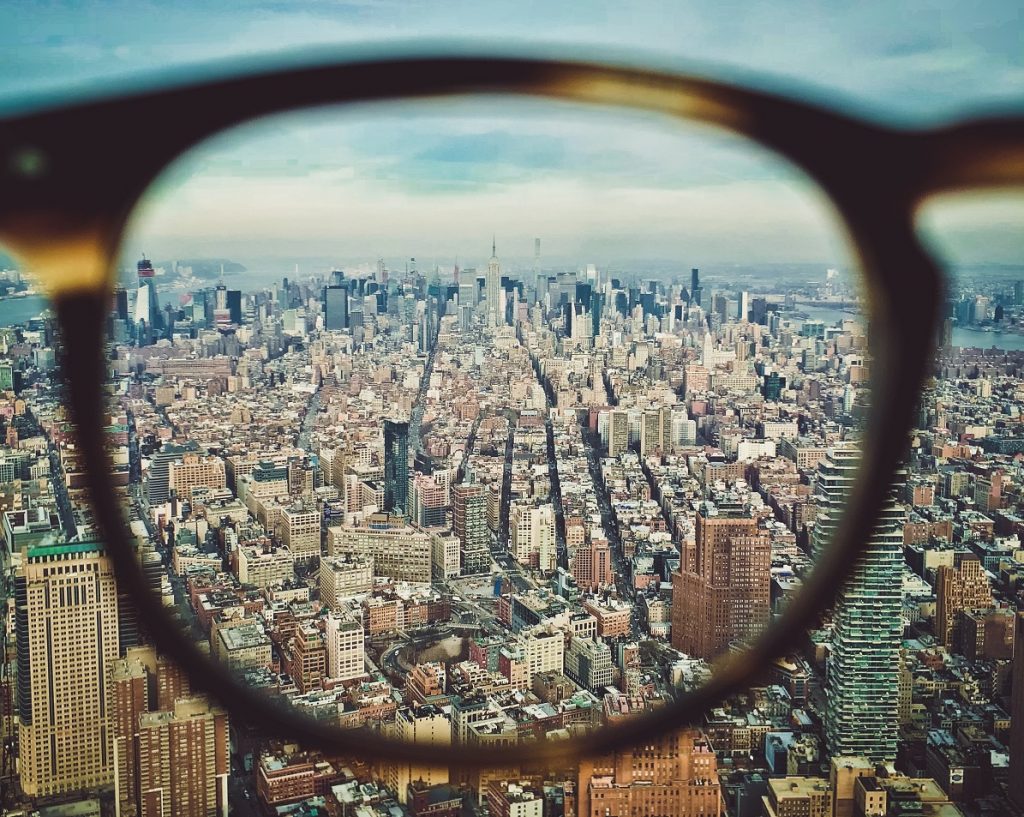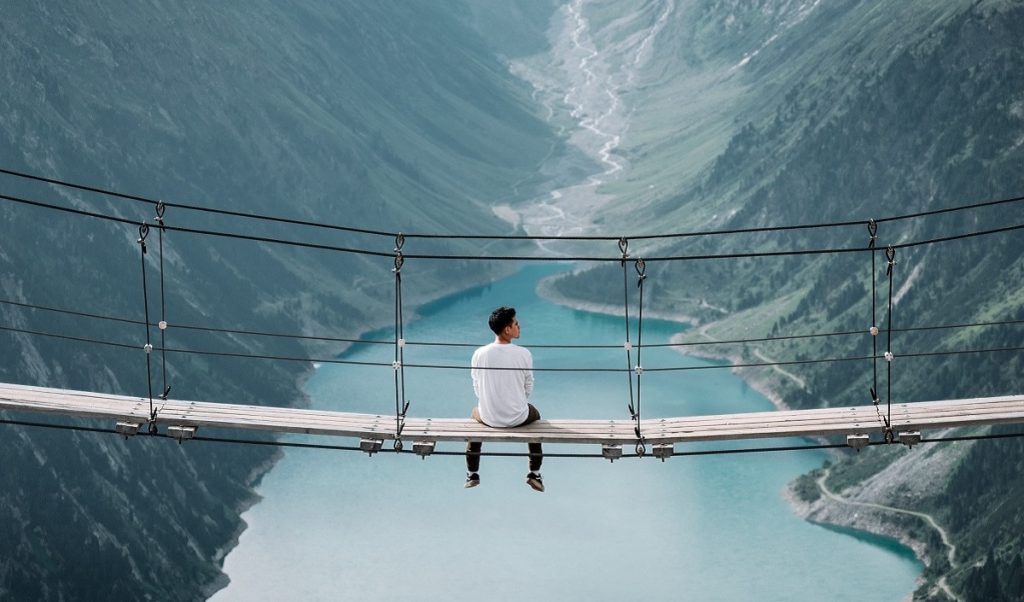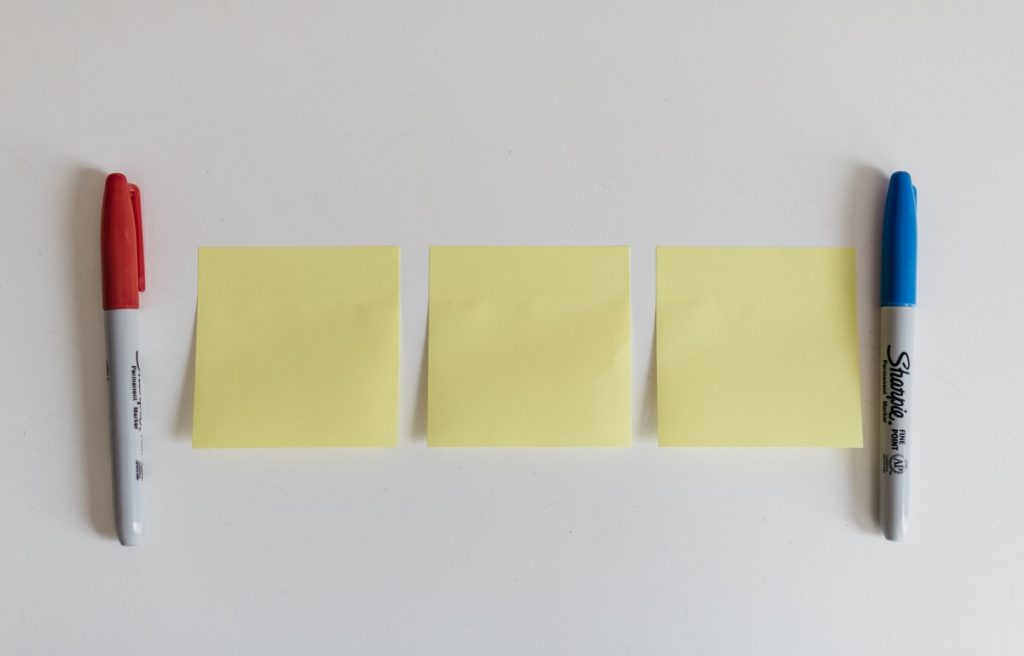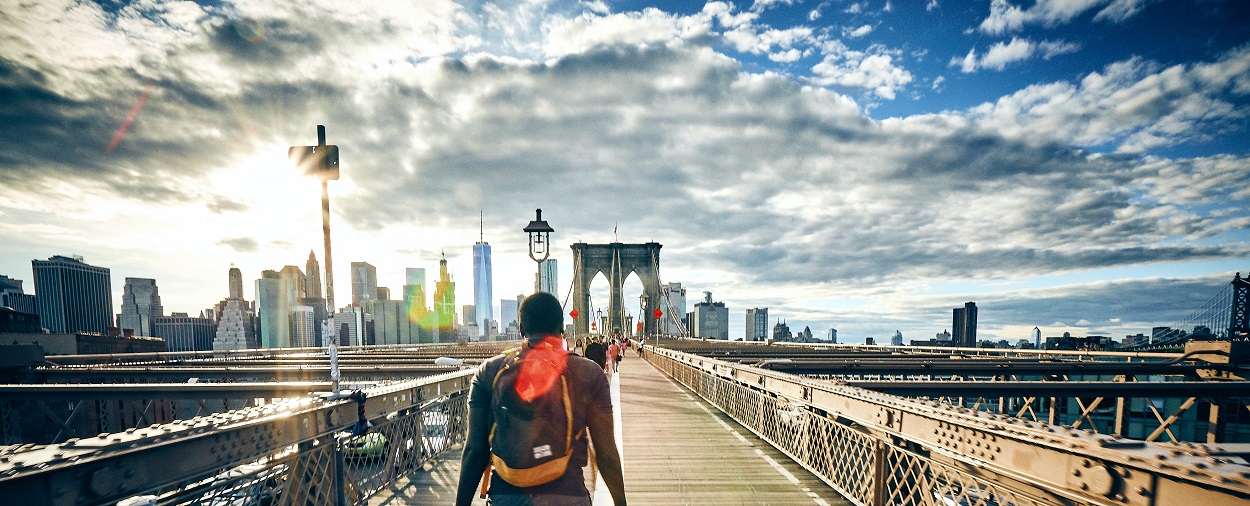Now that we feel the energy rising towards the gradual reopening of countries and economies, a couple of main questions keep popping up in my head:
How will everyone show up? How will I show up?
Will we all rush back to our old routines, chanting “WE MUST MAKE UP FOR LOST TIME”…?
For sure, “making up” for lost time, business and income is an option, and something is telling me that with the pressure of all stakeholders in play, this is the most likely scenario for many of us. Global – as well as local – economic systems have been shaken to their core by Covid 19. These systems have been exposed to their vulnerability. That in itself has ignited fear in many of us, leaders, managers, politicians, physicians, scientists…
Fear of what? Of not having enough, not being in control, not belonging and not being good enough.
These fears have placed many of us in our discomfort zone and automatically there will be a tendency to move back to what we knew and where we had enough, felt in control, where we felt a sense of belonging and felt seen and good enough.
Getting the basics ‘back to normal’ as fast as possible means an economic recovery, which makes sense as most of us have been forced into survival modus ever since lockdowns occurred.
Yet this urge is more than just to commence economic recovery. It is, I feel, a pull towards going back to what is familiar in order to experience that (false) sense of being in control.

What have we learned from the Covid-19 lockdown period?
Even though the above ‘return to normal’ might sound reasonable, fair and logical, I do want to pause a bit and reflect on potential learnings:
Leading by not knowing. How did you cope with not knowing what tomorrow would look like? What made you adjust and how did that feel for you?
Forced stillness precedes true creativity. I have heard and read many stories of people being forced into a complete stop, a stillness from which they were able to tap into a creative inner source from which flowed new ideas and creative ways to offer a service or a product. That sort of stillness and creativity we unconsciously put on the back-burner when we go back into old routines and patterns.
Old systems can be broken for new systems to be created. We might have realised that systems we took for granted can be questioned and even broken. Now it has been forced upon us by a virus, by an urgency of common health. One example that has amazed me is education. For years dialogues have been going on about virtual education yet now schools shifted from physical schooling into virtual schooling in a matter of days.
Humans create and build systems, not the other way around. It is in fact we, human beings, who have created the current systems and that it is only us, these same human beings, that are capable of changing them. Becoming aware of this fact is giving us the conviction and the power to question and adjust current systems and not be overwhelmed by or led into these systems through powerless and blind acceptance.
The balance between doing and being. In our drive and eagerness to DO and to accomplish, we sometimes forget to consciously BE. It’s through the being that doing emerges; in other words in order to experience flow in what we do, we first need to consciously focus on who we want to be…. How we want to live in the moment… each moment. Hit the pause button now and then and check if you still ARE.

How to re-enter consciously: Sharing stories, questioning normality
One thing that I am convinced about is the importance of sharing our stories before we start running back to our previous lives.
It has been a unique experience in which the whole world and the whole of humanity has been confronted with the same challenge: Covid-19, yet we have all experienced it differently. Some of us have lost loved ones or know somebody who did, some of us have been challenged to the max to cope with multiple people (including small children) in a small space, and we all know people who have lost their job or their business, or who are keyworker, putting others’ needs before their own.
On the plus side, some of us might have taken this opportunity to really rest, to reconnect with self and loved ones, to have found a new balance between professional and personal life.
“We all have our own story which is valuable in itself and even more valuable to share.”
Sharing is also an opportunity to reconnect: we have all experienced how different virtual presence is from physical presence.
With the sharing we must also energetically allow space to give ‘the Covid experience’ chance to settle in; a rounding of the circle which I believe is essential before we start moving on. Asking ourselves challenging questions and answering truthfully is the starting point from which we can consciously re-enter.

Some questions to ask yourself:
- How have I changed during this time?
- How will I show up differently once the world starts opening up?
- What was ‘normal’ pre-Covid that could be improved?
- What could and should I (and we) do differently from now on?
- What worked well in the past, and can I reapply it to this future?
- How did the uncertainty progress and how did I/we deal with it?
Such questions will prevent us from rushing back into old routines and ways of working “to make up for lost time”. It will make us more conscious about how we can proactively contribute to our own sustainable wellbeing as well as the collective wellbeing of the organisation. That in itself will contribute to higher levels of efficiency and effectiveness, paving the way towards extraordinary performance.
I guess this falls under the adage: “Never let a good crisis go to waste”.
Re-entering effectively and efficiently starts with sharing, and from there moving forward from an elevated level of consciousness, taking along your experiences and the learnings from Covid 19.
If you need help, guidance or facilitation on determining what your learnings are as an organisation and how to sustainably put them to practice moving forward or how to radically change systems in order to pave the way for true innovation and resilience… Reach out.
Cover image: Photo by Fabien Bazanegue on Unsplash


